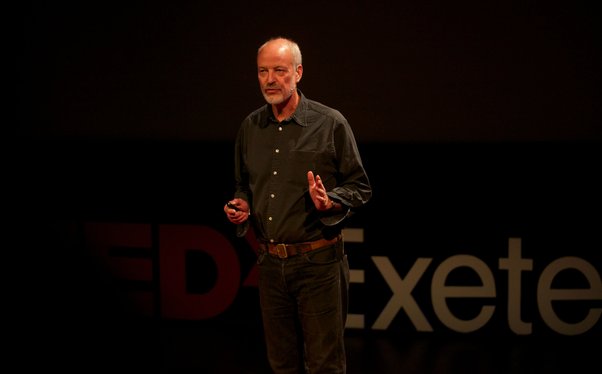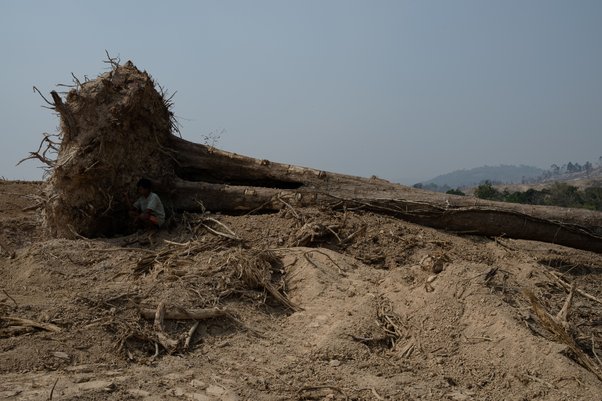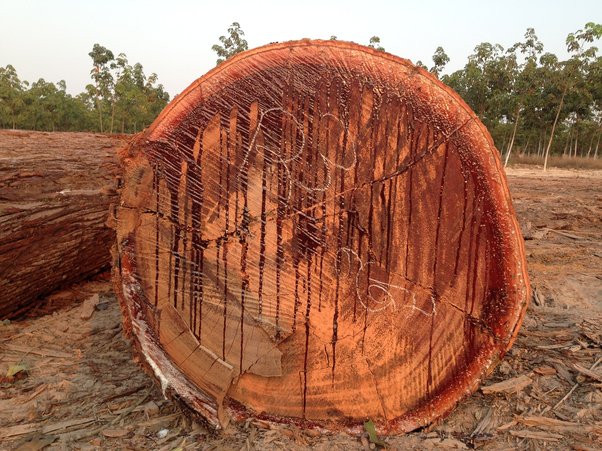Soon after taking office, in early 1999, Cambodian Prime Minister Hun Sen staked his job on the government’s ability to crackdown on illegal logging. Six years later, the web of corruption that has sustained the illegal loggers is more entrenched than ever and illegal logging in Cambodia is rife.
To make matters worse, in March 2005 the Prime Minister set in motion a chain of events that has ultimately led to five Global Witness staff being banned from the country.
“It cannot have escaped the Prime Minister’s attention that some of Cambodia’s most persistent illegal loggers are either related to him or close acquaintances. Banning Global Witness from Cambodia is not going to change that fact,” said Jon Buckrell of Global Witness.
As early as November 2004 Global Witness’ presence in Cambodia was officially welcomed by the Royal Government (1).
However, this was before the launch of Global Witness’ report “Taking a Cut – Institutionalised Corruption and Illegal Logging in Cambodia’s Aural Wildlife Sanctuary”, a detailed case study indicative of the situation in forests throughout Cambodia.
At the time, Global Witness called on the Prime Minister to set an example by declaring his own business interests, and familial links to the timber trade; this did not happen.
On 20 February 2005, 2,100 copies of "Taking a Cut" were intercepted by customs officials at Pochentong Airport. The reports have not yet been released, and no legitimate reason has been given for their continued detention.
“The government is cracking down on free speech with more determination than it ever applied to rooting out corruption. This is just one example of a deeply worrying trend of increased intimidation and the targeting of civil society by both the authorities and those that surround them,” said Jon Buckrell.
In March (2) the Council of Ministers, presided over by the Prime Minister, ordered the Ministry of Foreign Affairs to look into Global Witness’ continued presence in Cambodia.
As a result, on 28 June 2005 Secretary of State at the Ministry of Foreign Affairs, Long Visalo, sent a letter to the Ministry of Interior, subsequently passed on to immigration, denying Global Witness entry into Cambodia (3).
On 18 July Global Witness’ Assistant Cambodia Coordinator was stopped by immigration officials at Pochentong and put on a plane back to Thailand.
“Corrupt elements within the Royal Government, pressured by their cronies on the outside, are clearly desperate to stop Global Witness shining a light on their shady dealings.
"Obviously the visa ban is annoying, but it won’t stop us working on Cambodia; after 10 years focusing on illegal logging we intend to broaden our remit to include other aspects of institutionalised corruption.
"The present administration is rotten to the core and good governance must be placed squarely at the top of the political agenda,” said Buckrell.
[1] The Cambodian government document, “Implementing the rectangular strategy and development assistance needs (November 2004)”, prepared for the December 2004 Consultative Group meeting states: “Although a new independent monitor has been appointed, SGS, the royal government welcomes the work in Cambodia of Global Witness, other NGOs and civil society organisations concerned with forest law enforcement.”
[2] 18 March 2005.
[3] Global Witness’ Coordinator in Cambodia, Directors Patrick Alley and Simon Taylor, and Forest Policy Coordinator Jon Buckrell are also subject to the banning order.


